Meeting Makoto Shinkai
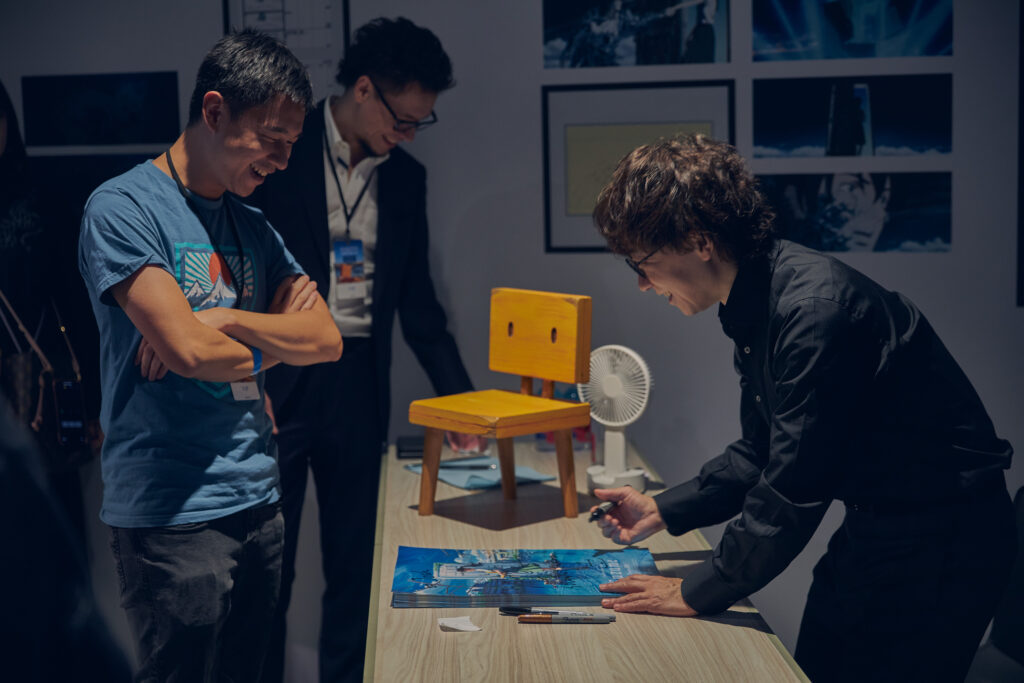
On November 19th, I had the pleasure of meeting Makoto Shinkai, the director of hit anime movies such as Your Name, Suzume, and Weathering with You. This was thanks to my friend Erik and his connections at Crunchyroll. Aside from the meet-and-greet, the event itself mainly consisted of an art exhibit documenting Shinkai’s work from his major work, Voice of a Distant Star, to his latest work, Suzume. He was a very pleasant man to talk to. Like most Japanese people, Shinkai was very polite when greeting us and took time to ask us questions about who we are, what we did for work, etc. It didn’t feel like he viewed this event as work; I could legitimately see that he enjoyed asking us questions and hearing about our lives. During the signing, I did get to ask him about his favorite work from his own filmography. To no surprise, he said his most recent work is always his favorite.
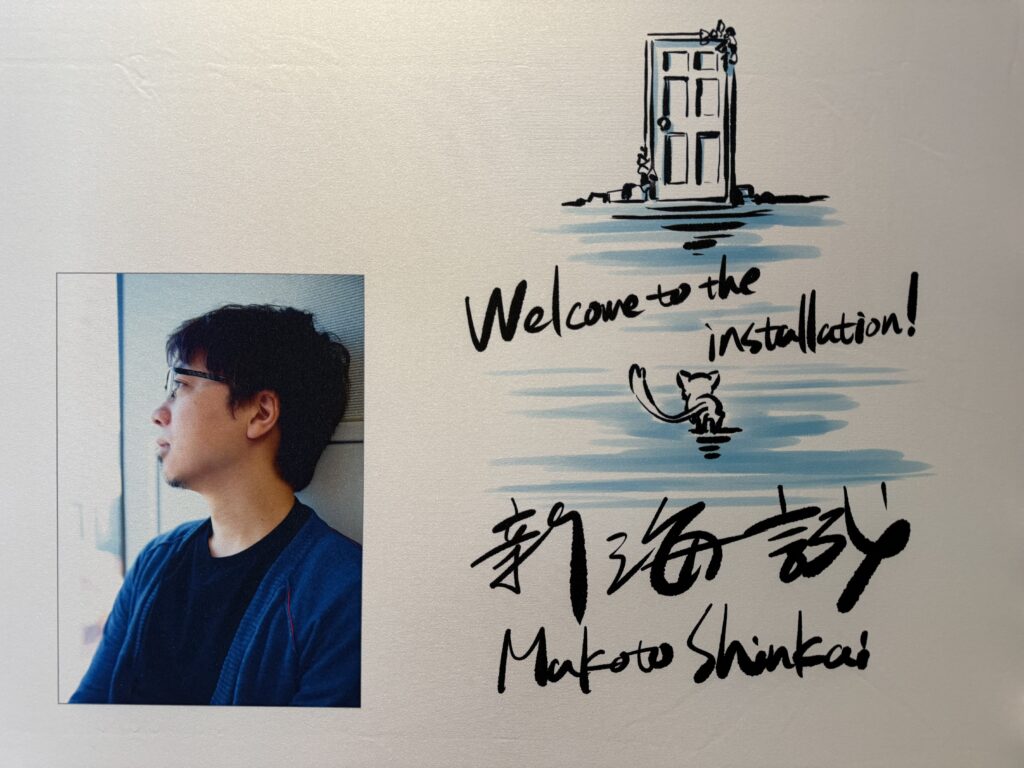
I find Shinkai’s catalog of works very intriguing. His works started off as somewhat depressing and got more optimistic as time went on. My criticism of Shinkai was always how he isn’t the best at making characters memorable. But what I appreciate about his works is the attention to art and animation, as well as the thought put into making each story meaningful. I thought I would highlight 5 films of his in this post and my thoughts when I first saw them.
5 Centimeters Per Second:
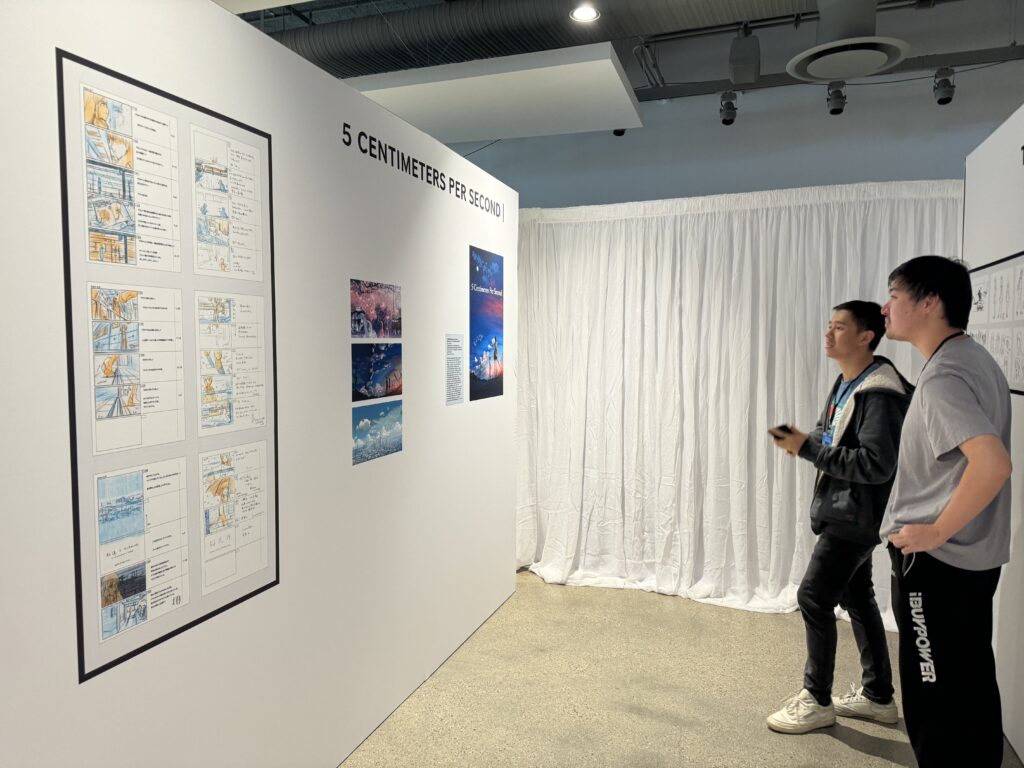
My first Shinkai film. Honestly, I appreciated the short film’s themes and lessons about the passage of time and how we, as humans, need to find ways to move forward when life does not go the way we imagine. As interesting as the whole premise was, the film just felt depressing with no real depth to its characters. Some of you may find that interesting due to the fact that many of my favorite stories aren’t exactly very light-hearted. But I appreciate when characters and their depth are explored. I just did not feel enough attachment to the main couple and their predicament. Nonetheless, I appreciate what Shinkai was trying to do with this film, even if it wasn’t for me.
Garden of Words:
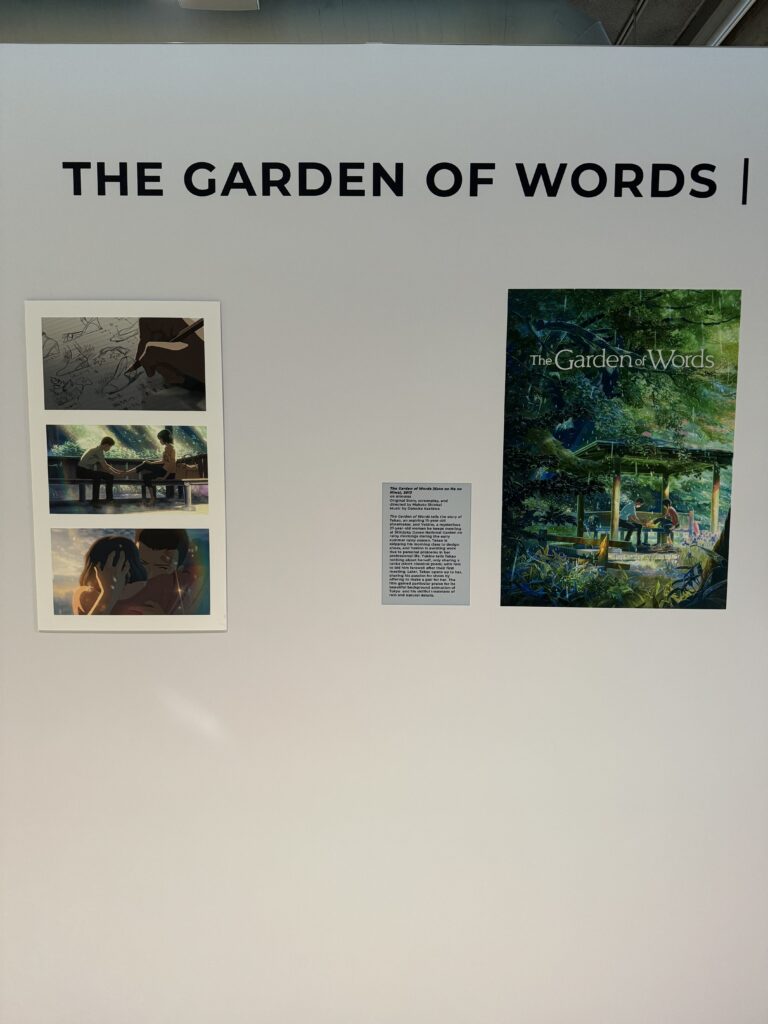
You might start to see a theme with me and Shinkai’s works as, once again, this is another film that I did not really like but appreciated. This film focused on themes of loneliness and escape. The story revolves around a student and a teacher forming a romantic connection as both of them visit the park to escape the stresses of their daily lives. I understand the culture is different in Japan, but I feel somewhat weird watching a story involving a student and a teacher forming a romantic relationship. I appreciate seeing these two relate to each other and their attempts to escape their everyday struggles. I feel everyone has those moments throughout the week where they just want to forget all of life’s stresses.
The romantic subplot in this did not work for me, however, and it is not just because of the student-to-teacher age difference. The film is only 45 minutes long, and there is only so much you can cram in that time. I will give Shinkai credit as I think he made the most of those 45 minutes.
Your Name:
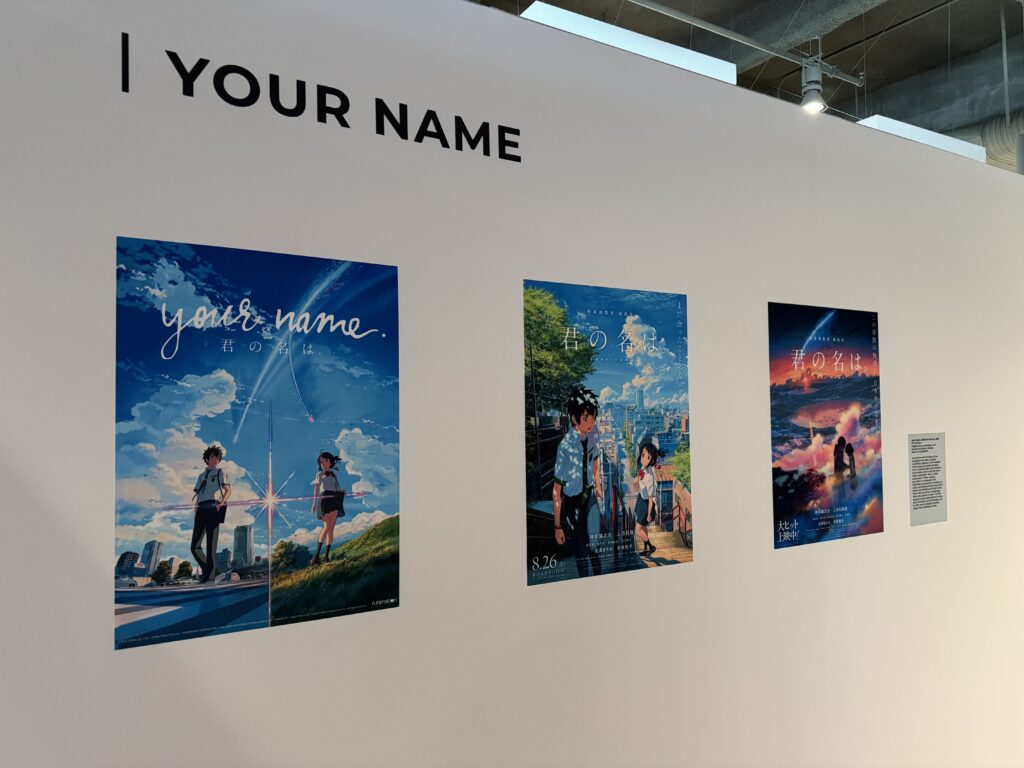
Many may hate me for this opinion, but I was not nearly as hyped for Your Name as everyone else seemed to be. I had the privilege of seeing this at Anime Expo months before it was released worldwide. I remember lining up with the intention of watching it alone before a bunch of strangers in line started discussing Vinland Saga. With that being one of my favorite manga series, I easily struck conversations with them and had a group to enter the showing with. I’m glad this happened as I needed people to discuss the movie with right after it ended. Our group consisted of six people; none of us gave it a score above 7/10. So imagine how surprised we all were when the world hailed Your Name as one of the best anime films ever made months later after its official release.
The plot of Your Name on a basic level consists of a male and female Japanese high school student switching bodies with each other intermittently. Chaos ensues.
It wasn’t necessarily a bad movie, but my major criticisms of Shinkai still remained; he doesn’t do a great job of writing memorable characters. Have you noticed how I don’t name any of the characters in these summaries so far? It’s because I don’t remember their names or even any personality traits. The same gripe remains with Your Name. The romance I felt was the most unbelievably bland out of all his films. The main couple never had any true interactions in the movie aside from switching into each other’s bodies. I have a difficult time believing that the two main characters have developed romantic feelings for each other when they have never truly interacted with one another. Another problem is how the film goes into absolutely absurd places with its plot.
(SPOILERS)
The twist behind the movie is that it is a time travel story. The two characters are not only switching bodies, but the time period they are living in happens to be years apart. The whole movie takes place over a period of months. In the age of smartphones and technology, there is absolutely no way one can go THAT long without realizing what year you are in.
(SPOILERS END)
I don’t even want to analyze the themes of this story as those should be thrown out with how utterly ridiculous the plot becomes. The movie was entertaining, but I didn’t find any sort of deeper meaning behind it. You all are free to tell me I’m wrong and explain to me why. But Your Name is easily the most ridiculous thing in Shinkai’s filmography.
Despite the absolute roasting I just gave Your Name, it was a fun film once I learned to turn off my brain.
Weathering With You:
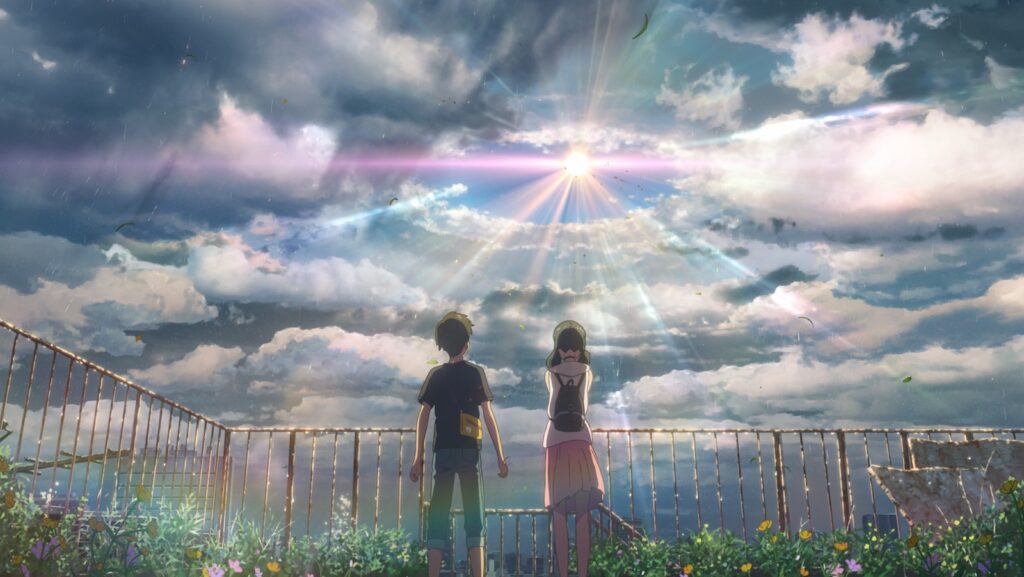
In some ways, this felt like a discounted version of Your Name. My criticism of Shinkai’s character writing has become less of an issue here. The story of Weathering With You revolves around a high-school boy who runs away from his rural town to live in Tokyo and befriends an orphan girl who can manipulate the weather.
What stuck out to me about this film is the themes on climate and how we abuse nature. The orphan girl, Hina Amano, and the runaway boy, Hodaka Morishima, take advantage of the weather control powers at Hina’s disposal by starting a business where customers pay to clear the weather for events and gatherings. As their business grows, they get flooded with an overwhelming number of requests. The overuse of her powers takes a toll on Amano as her body starts to disappear.
I found this story an interesting allegory on how we take advantage of our Earth and exploit its resources until we destroy them. Unlike 5 Centimeters Per Second or Garden of Words, Weathering With You is more simplistic and less subtle when sharing its intended lessons and themes with the viewers. Without spoiling too much more, I did have gripes with how this story ended and the fact that I can’t shake the feeling that this is just a discounted Your Name, but I do think that Shinkai was becoming a much better story writer as time goes on. I found Weathering With You to be a major improvement in the character department as I found the romantic subplot here more believable.
Suzume:
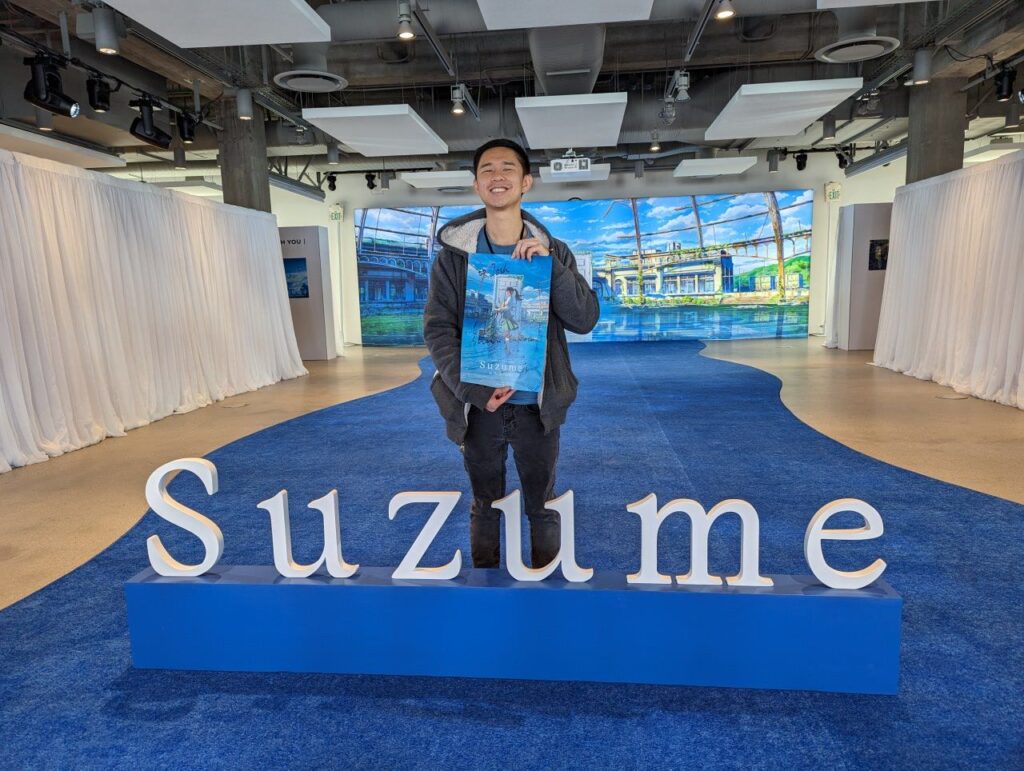
This feels like the movie where Shinkai finally found how to write great characters. I loved the main female lead, Suzume, and how awkward and innocent she was in dealing with all the unexpected events coming her way. The main male lead, Souta, was hilariously transformed into a sentient chair for most of the movie but still managed to have chemistry with our female lead despite this awkward transformation. The side characters were interesting as well, ranging from MC’s auntie with her motherly affection despite not being her real mother, to a sentient cat obsessed with making Suzume happy.
Like Weathering With You, Shinkai once again tackles the themes of climate change and the environment. The plot of Suzume involves magical doors opening across Japan, unleashing destructive power to the surrounding area. Our MCs venture to close these magical doors and prevent further disaster. Through this element of the movie, Shinkai relays the theme of society enduring various events that scar our world. In this instance, the film was likely attempting to include a theme centered around the 2011 earthquake in Japan that resulted in disaster for many people. As Suzume closes these magical doors, the surrounding nature starts to heal. This can represent a “healing” of the country similar to the recovery process that countries go through in lieu of natural disasters like the 2011 Earthquakes.
I found it interesting how this journey for Suzume can not only represent the healing of a country but also a healing of oneself as well. While on this journey, we also see a glimpse into the past of Suzume and her traumatic experience of losing her parents. Through this journey of closing doors and healing surrounding areas, we also see a healing of sorts in Suzume herself as she learns to overcome her past trauma.
At some point, perhaps I’ll write a full overview of Suzume, as there are clearly numerous elements that can be discussed.
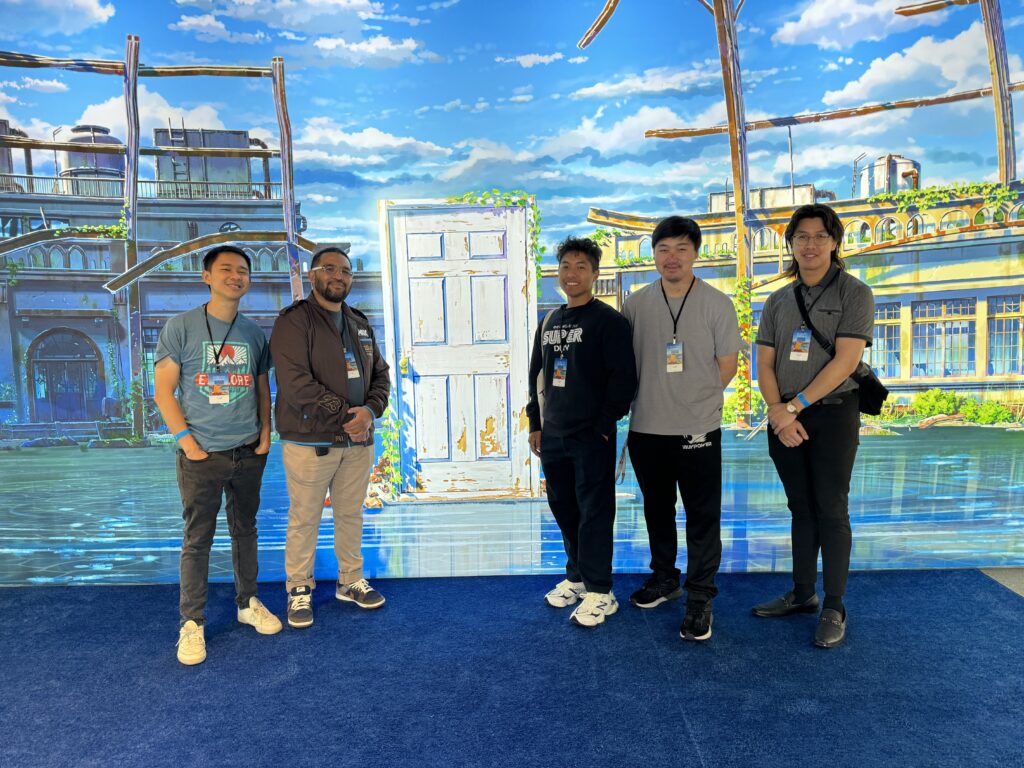
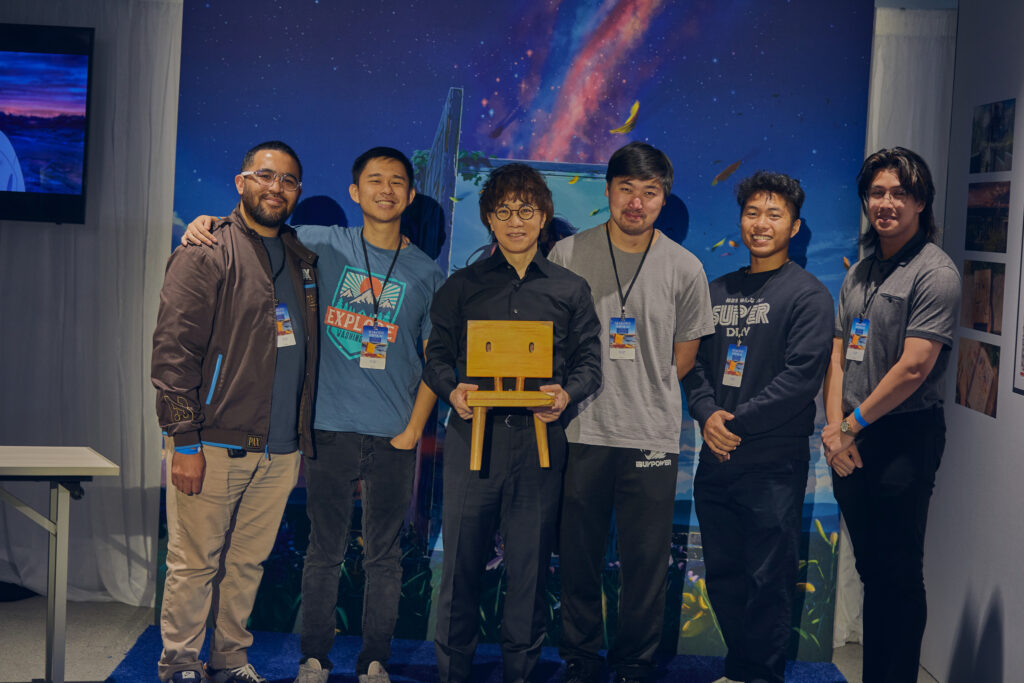
I’ll always appreciate the beauty of the art and animation found in his films, as well as the relatable themes and lessons that are taught in each story. But I believe I’m making it clear to you all that Makoto Shinkai is not my favorite anime director. His flaws with his character writing have gotten on my nerves many times throughout his films. But I firmly believe Shinkai becomes a better writer with each movie he releases. For that reason, he has my respect. I look forward to seeing what the famed director has in store for us next.

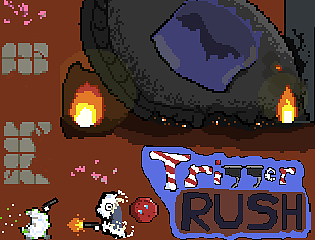

1 Comment
John Tran · December 31, 2023 at 6:53 am
It sounds to me like you were more invested in the plot of movies where you felt that the characters were “the one” for one another. Meaning you do believe in the one.